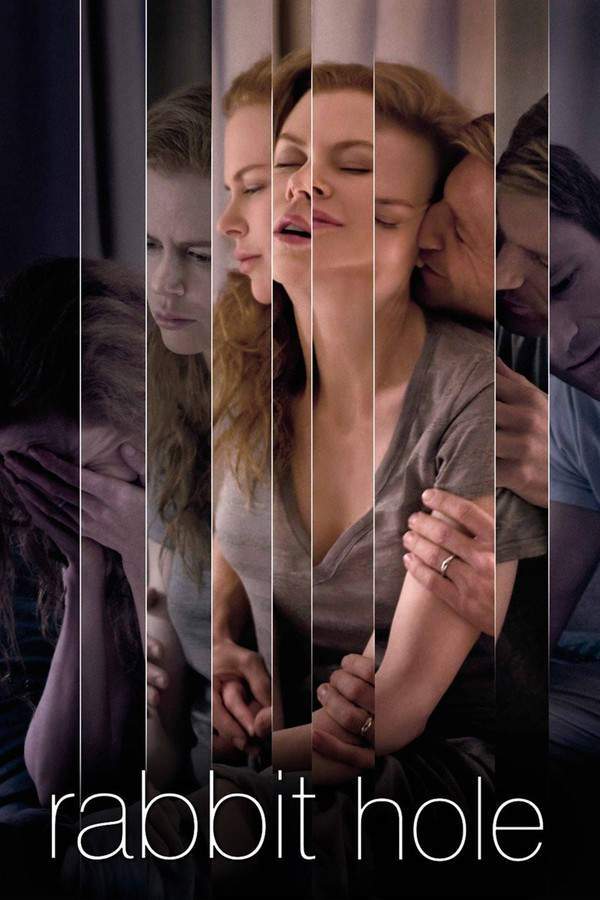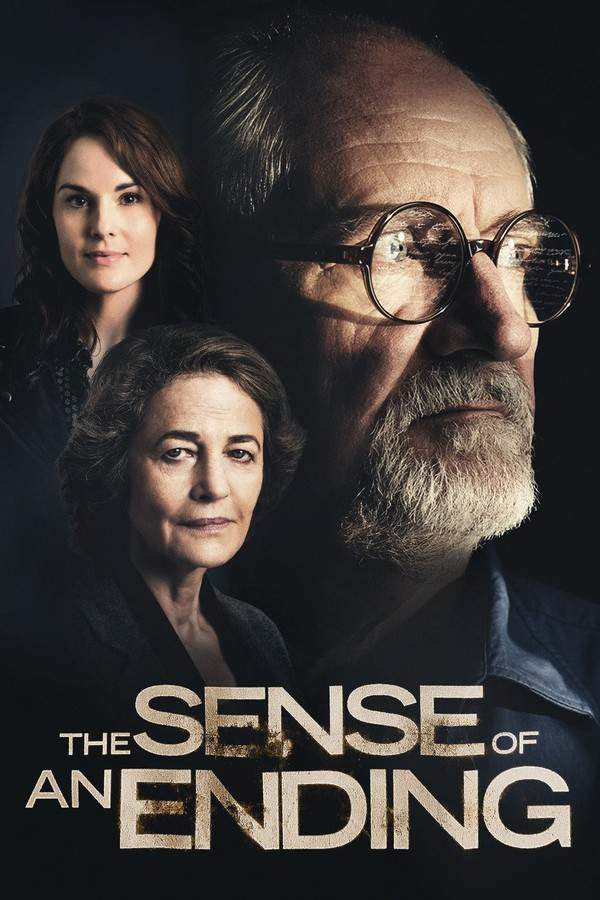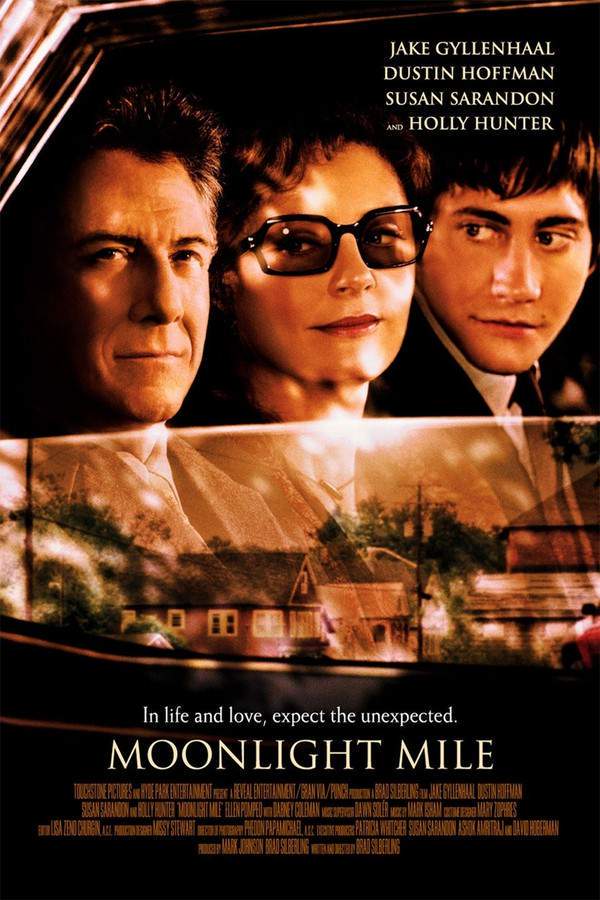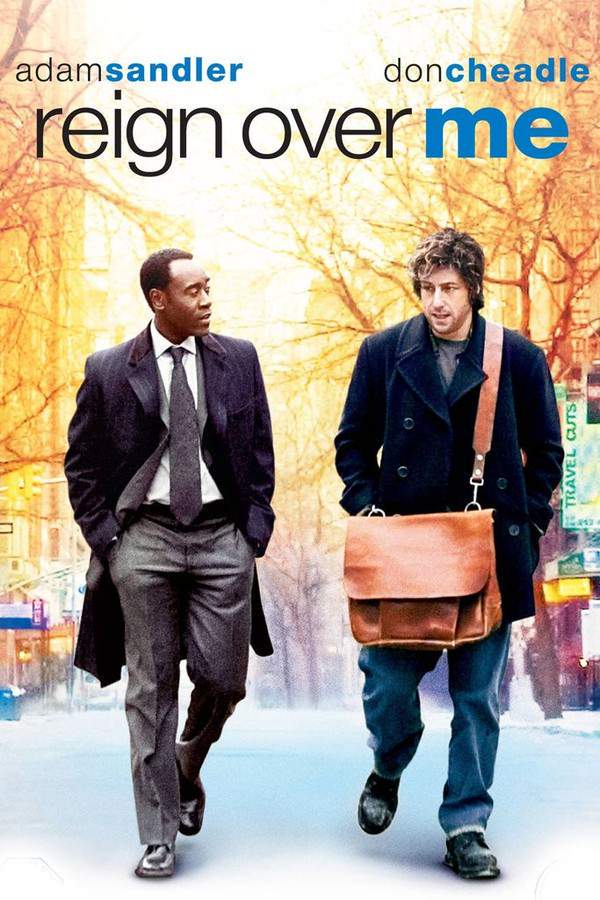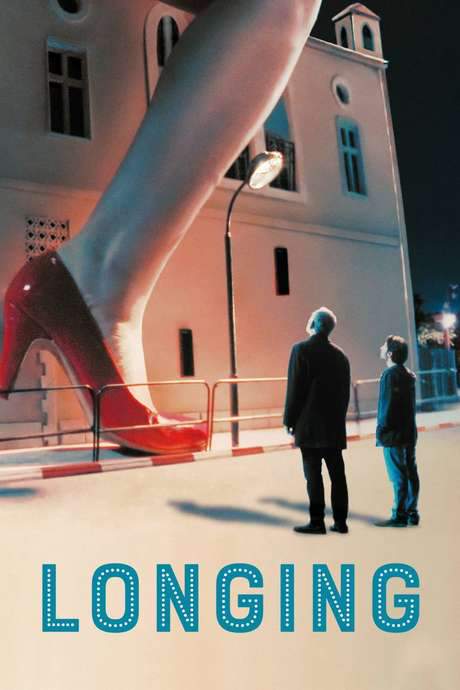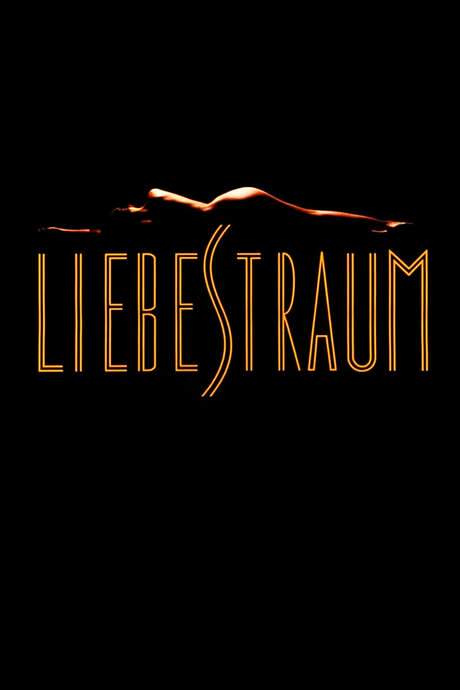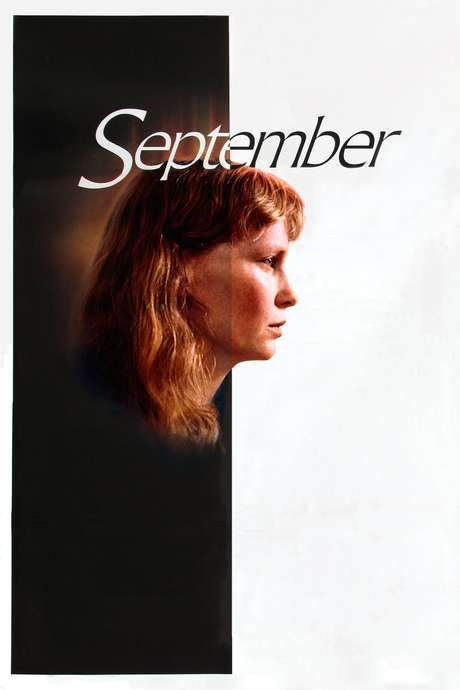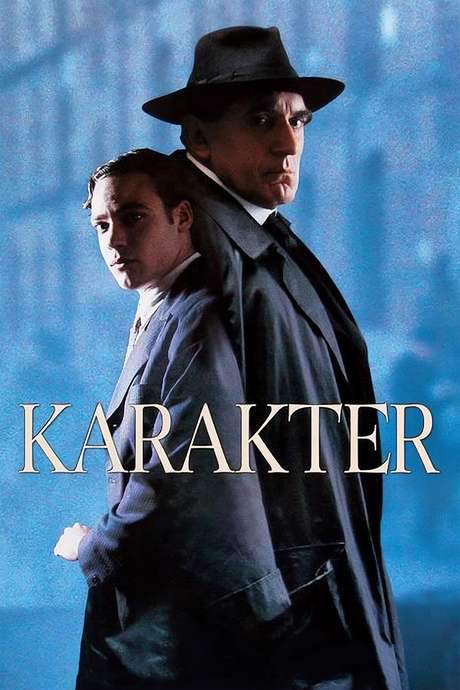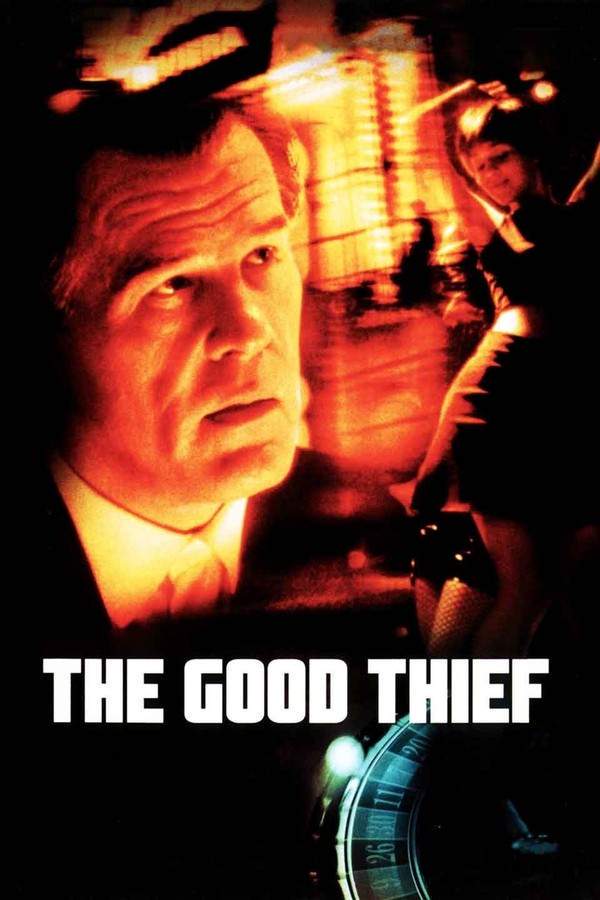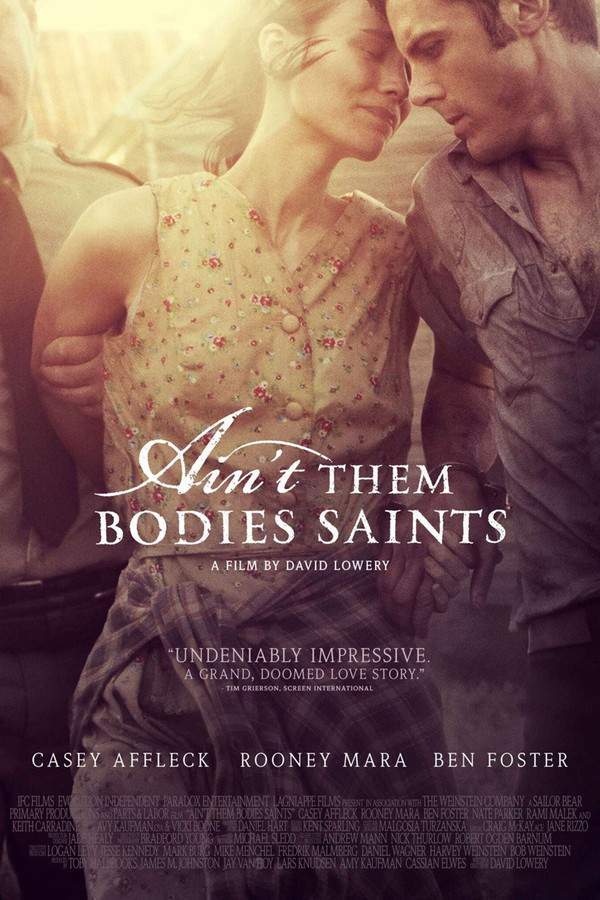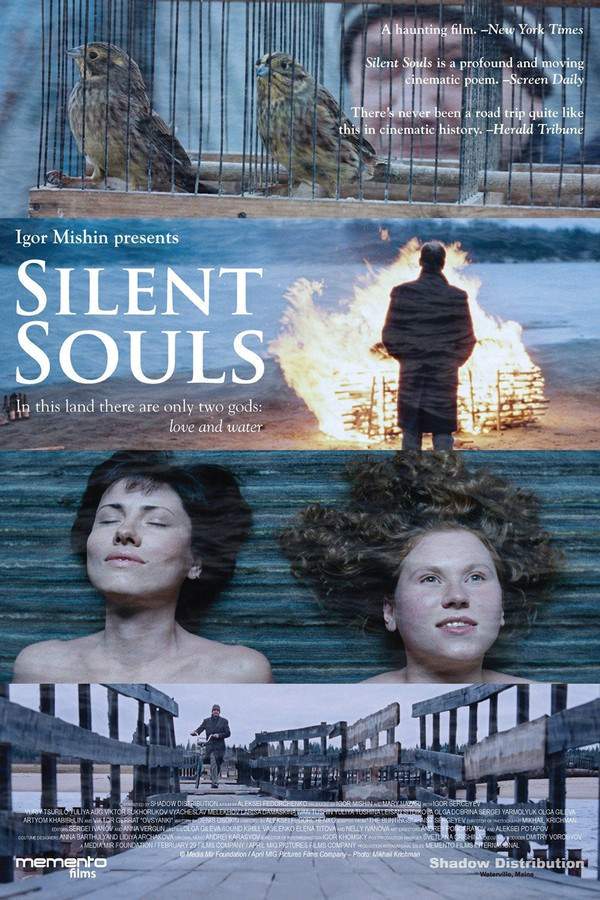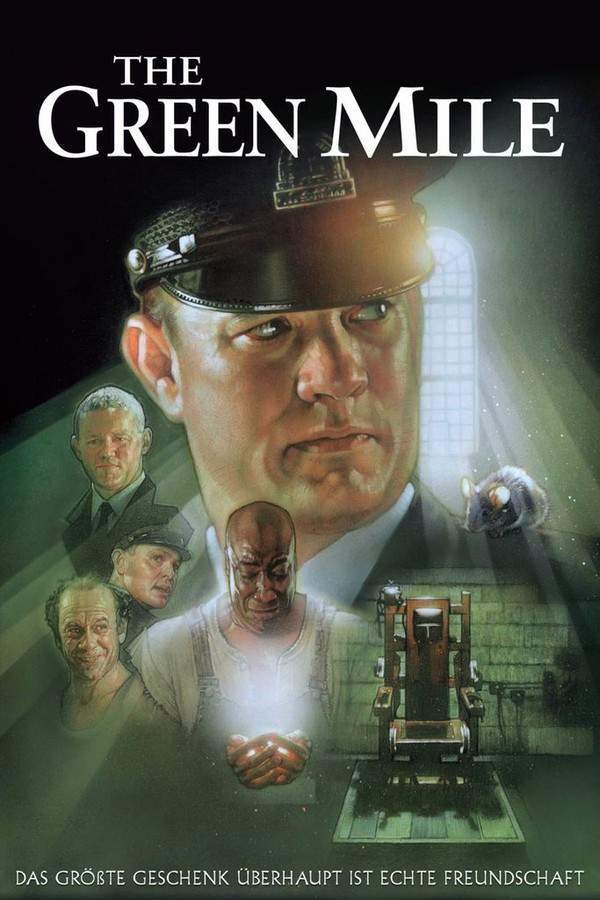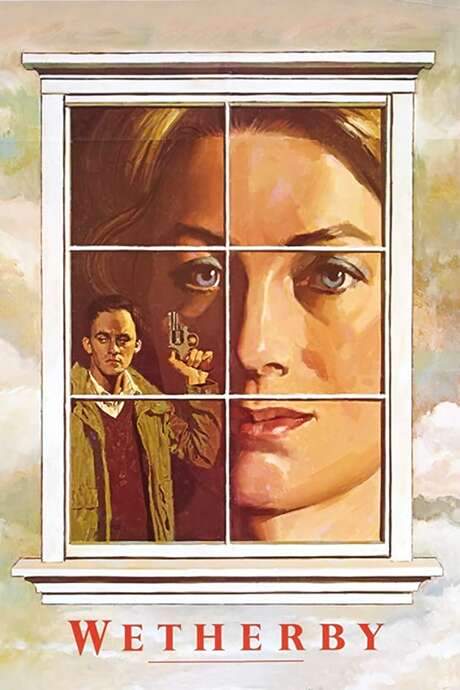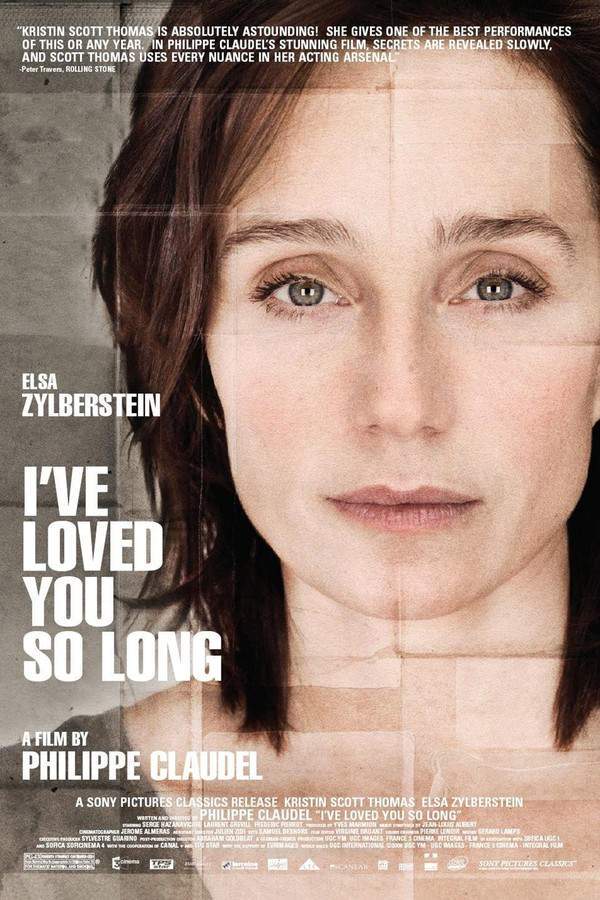
I've Loved You So Long
Year: 2008
Runtime: 117 min
Language: English
Director: Philippe Claudel
After fifteen years of separation, sisters Lea and Juliette unexpectedly reunite. Juliette, having just been released from prison, seeks refuge with Lea, who offers support as she navigates a changed world. Their reconnection begins to heal old wounds, but Juliette remains guarded, concealing a painful past and the shocking crime that led to her incarceration. As their bond deepens, the truth about what happened years ago begins to surface, forcing them both to confront a devastating secret.
Warning: spoilers below!
Haven’t seen I've Loved You So Long yet? This summary contains major spoilers. Bookmark the page, watch the movie, and come back for the full breakdown. If you're ready, scroll on and relive the story!
I've Loved You So Long (2008) – Full Plot Summary & Ending Explained
Read the complete plot breakdown of I've Loved You So Long (2008), including all key story events, major twists, and the ending explained in detail. Discover what really happened—and what it all means.
When Juliette Fontaine, a former doctor, is released from prison, her younger sister Léa offers her a place to stay with her family. This includes Léa’s husband, his mute father, and their two adopted daughters from Vietnam in their home located in the charming university town of Nancy, Lorraine. As the story unfolds, the dark truths surrounding Juliette’s incarceration gradually come to light — she spent 15 years behind bars for committing murder, specifically the murder of her own 6-year-old son, Pierre. The film carefully reveals the harrowing reasons behind this heartbreaking act.
Léa, a literature professor, is noticeably younger than Juliette. After the heinous nature of Juliette’s crime, their parents chose to disown her, which meant Léa was never allowed to visit her sister in prison. It’s pivotal to note that Juliette made a conscious decision to remain silent during her trial, which has left Léa completely in the dark regarding the incident. Throughout the film, Léa persistently seeks answers, but Juliette remains reticent until the climactic moments.
Amidst her struggles to secure a job, Juliette finds solace in platonic relationships with two men: her empathetic probation officer, who understands the emotional scars left by prison life, and Michel, one of Léa’s colleagues, who provides her with moral support in the aftermath of her traumatic past.
Slowly but surely, Juliette begins to reintegrate into Léa’s family life, forming bonds with her nieces while also securing a steady position as a hospital secretary. However, the relationship poses a challenge for Léa’s husband, who is naturally anxious about the potential risks associated with having a convicted murderer around the children. Over time, he witnesses Juliette’s nurturing side, leading him to soften his initial stance toward her.
In a poignant moment, Léa convinces Juliette to visit their mother, who has been placed in a nursing home suffering from Alzheimer’s disease. For a fleeting instant, their mother recognizes Juliette, enveloping her in a warm embrace as she recalls memories of her as a little girl, rather than the estranged daughter who caused such unbearable grief.
The narrative takes a dramatic turn when Léa uncovers crucial information about Pierre’s fate. She learns that Juliette diagnosed her son with a terminal illness that would lead to excruciating suffering. Confronted with this revelation, Juliette explains that in a moment of desperation, she opted to end Pierre’s suffering through an injection, driven by the belief that he would endure unimaginable pain otherwise. Her silence during the trial stemmed from deep remorse for what she perceived as her failure in bringing her son into a world of suffering.
The film culminates in a heart-wrenching exchange between the sisters, where, after an emotional catharsis, Léa gazes out a window, marveling at the beauty of the rain. In a reflective moment, Juliette acknowledges, “I am here.” This speaks volumes about her journey of seeking redemption and reconnecting with the world around her.
Last Updated: November 16, 2024 at 14:43
Explore Movie Threads
Discover curated groups of movies connected by mood, themes, and story style. Browse collections built around emotion, atmosphere, and narrative focus to easily find films that match what you feel like watching right now.
Movies about secrets and reconnection like I've Loved You So Long
Characters haunted by a buried past slowly rebuild trust and intimacy.If you were moved by the gradual unfolding of Juliette's secret and her difficult reunion with her sister in I've Loved You So Long, you'll find similar stories here. These movies explore characters grappling with a hidden past as they tentatively rebuild relationships, offering a somber, character-driven experience with a bittersweet emotional payoff.
Narrative Summary
The narrative pattern follows a character reintegrating into a world they have been separated from, while concealing a painful truth. The story unfolds slowly, focused on character interactions and subtle emotional shifts, building towards a cathartic revelation that allows for a new, often bittersweet, understanding between characters.
Why These Movies?
Movies are grouped here for their shared focus on the emotional weight of a concealed truth and the delicate process of reconciliation. They share a somber, introspective mood, a slow, deliberate pace that allows depth of character, and a central theme of grappling with a morally complex past to find a form of peace.
Somber moral dilemma dramas similar to I've Loved You So Long
Quiet, heavy dramas where a tragic past reveals complex ethical choices.For viewers who appreciated the weighty ethical questions and tragic backstory in I've Loved You So Long, this list features similar thoughtful dramas. These movies present complex, morally challenging situations in a quiet, somber style, focusing on the lasting emotional impact of impossible choices rather than providing easy answers.
Narrative Summary
Stories in this thread typically use a linear or slightly revelatory structure to explore the consequences of a past, ethically ambiguous decision. The journey is internal, focusing on a character's guilt, grief, and search for understanding or absolution, rather than on external action or resolution.
Why These Movies?
These films are connected by their serious engagement with difficult moral themes, their heavy emotional weight, and their consistently somber, melancholic tone. They share a slow pacing that allows the audience to sit with the complexity of the dilemmas presented, creating a deeply introspective and impactful experience.
Unlock the Full Story of I've Loved You So Long
Don't stop at just watching — explore I've Loved You So Long in full detail. From the complete plot summary and scene-by-scene timeline to character breakdowns, thematic analysis, and a deep dive into the ending — every page helps you truly understand what I've Loved You So Long is all about. Plus, discover what's next after the movie.
I've Loved You So Long Timeline
Track the full timeline of I've Loved You So Long with every major event arranged chronologically. Perfect for decoding non-linear storytelling, flashbacks, or parallel narratives with a clear scene-by-scene breakdown.

Characters, Settings & Themes in I've Loved You So Long
Discover the characters, locations, and core themes that shape I've Loved You So Long. Get insights into symbolic elements, setting significance, and deeper narrative meaning — ideal for thematic analysis and movie breakdowns.

I've Loved You So Long Spoiler-Free Summary
Get a quick, spoiler-free overview of I've Loved You So Long that covers the main plot points and key details without revealing any major twists or spoilers. Perfect for those who want to know what to expect before diving in.

More About I've Loved You So Long
Visit What's After the Movie to explore more about I've Loved You So Long: box office results, cast and crew info, production details, post-credit scenes, and external links — all in one place for movie fans and researchers.


